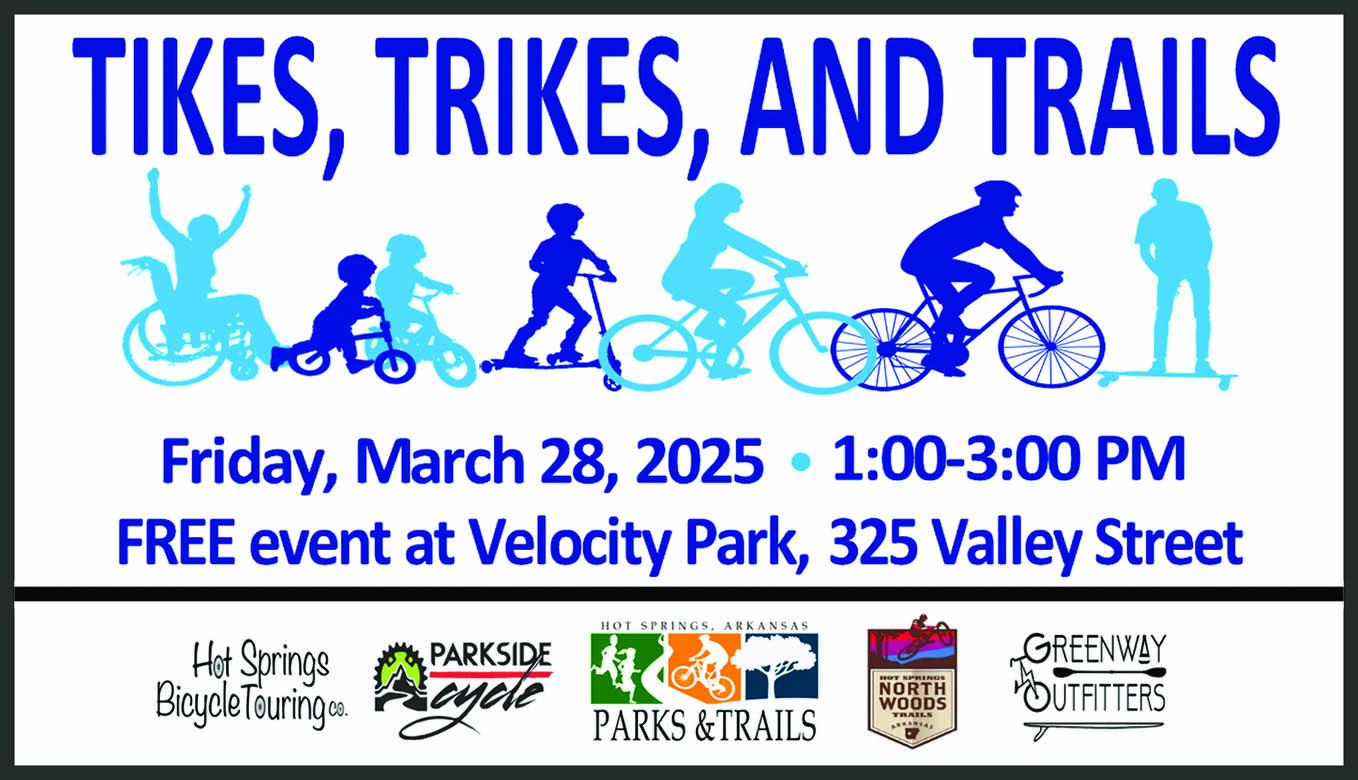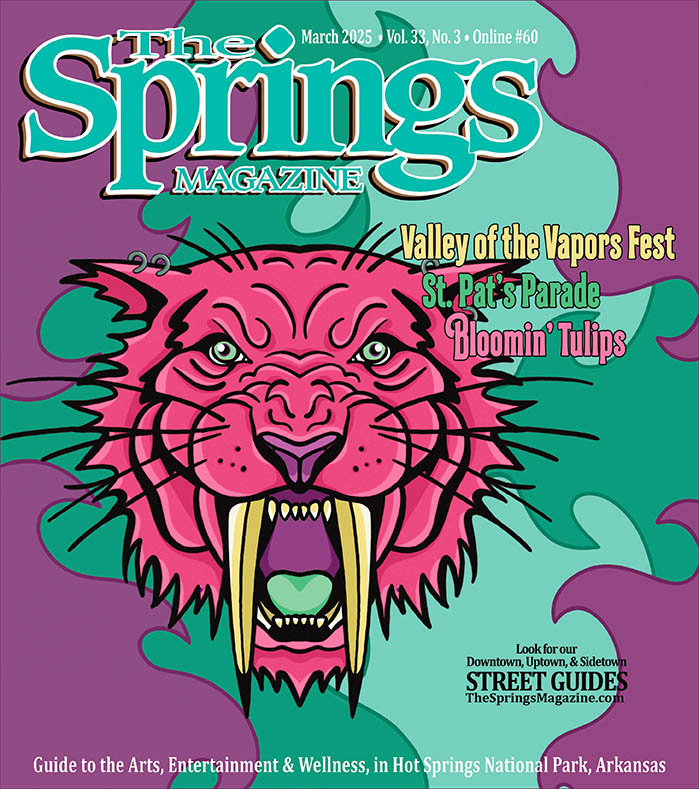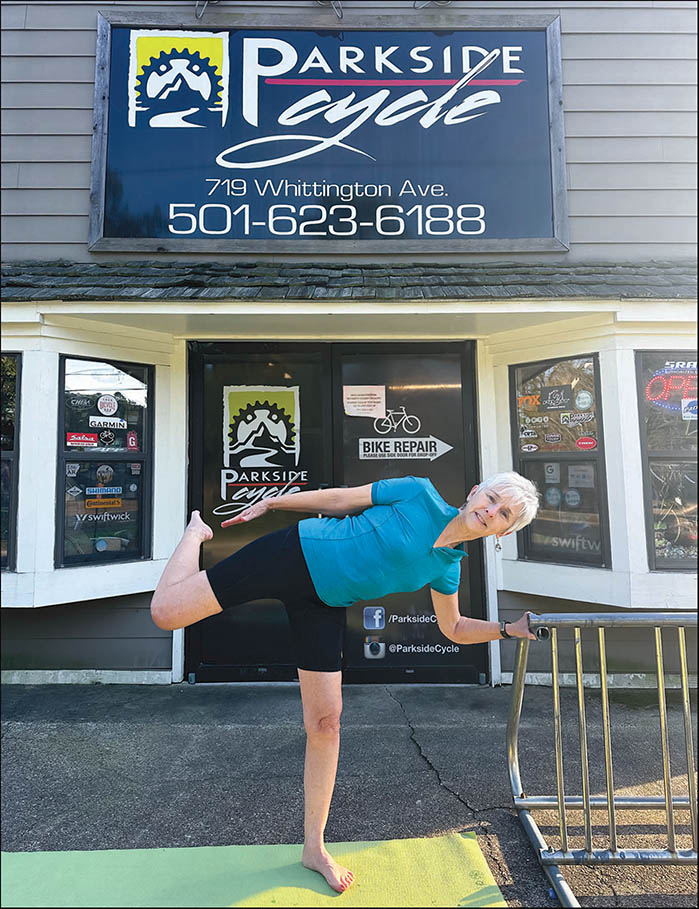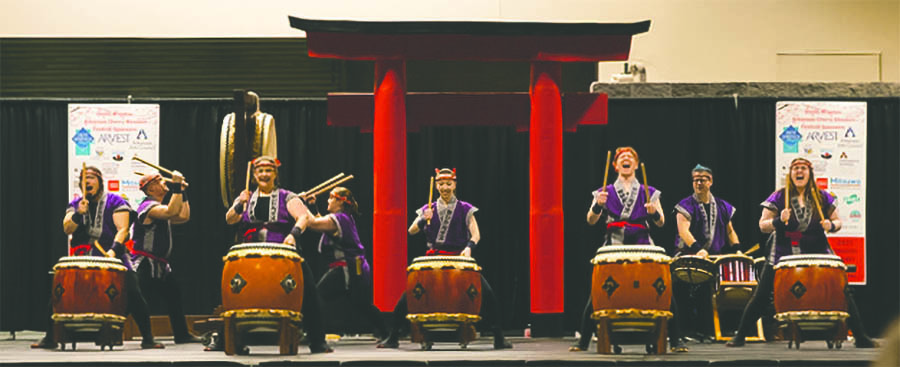Host Rick Bontkowski, creator of The AMP’D UP211 Podcast, connects with the limb loss community worldwide. Photographer: Brian Mackender.
Rick Bontkowski never imagined that a single conversation with a friend would lead to the creation of The AMP’D UP211 Podcast, now reaching audiences in over 25 countries.
As a right below-knee amputee himself, Rick’s mission is to change how people view limb loss and limb differences – one story at a time.
Rick’s journey began with a simple question: “What does an amputee look like?” His personal quest for understanding has since grown into a podcast that explores the nuanced, raw, and uplifting experiences of amputees across the world.
From Paralympians to everyday people, Rick’s guests share their triumphs and challenges, providing invaluable insights to those navigating life with limb differences.
The podcast has been featured in Amplitude Magazine and by the Amputee Coalition for its role in empowering the amputee community.
Whether tackling hard conversations about body image, mental health, or societal expectations, Rick emphasizes the importance of authenticity. “Inspiration is key,” Rick explains, “but it comes in many forms.”
With new episodes released twice a month, The AMP’D UP211 Podcast has become a vital resource for amputees and their families, offering connection, hope, and inspiration. Rick’s belief? If just one person is moved to step forward in their journey, he’s achieved his goal.
Rick Bontkowski, a Chicago native and amputee, is the host creator of The AMP’D UP211 Podcast. A drummer, cyclist, and advocate, Rick shares the stories of people with limb differences to inspire, inform, and challenge perceptions worldwide. Contact info: Ampup211@gmail.com, ampup211.com, youtube.com/@theampdup211podcast6, instagram.com/rick_bontkowski.









